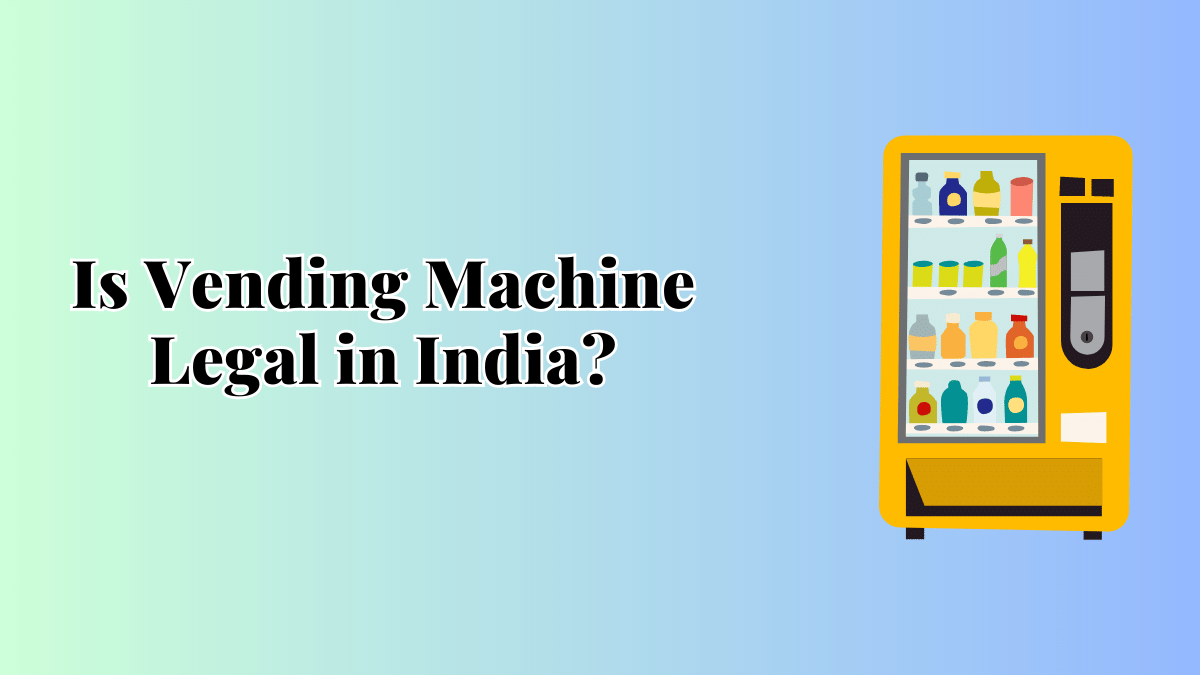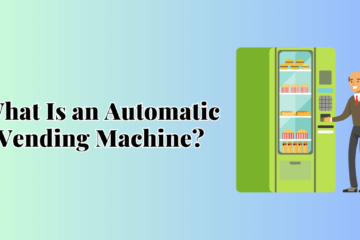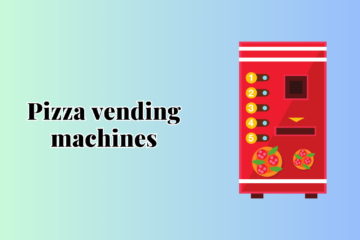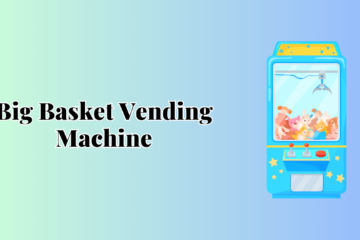Vending machines have become a common sight in various parts of the world, offering convenient access to snacks, beverages, and other products. However, before investing in a vending machine business in India, it’s essential to understand its legal implications. In this article, we will explore the legal landscape surrounding vending machines in India. We’ll cover the regulations, licensing requirements, restrictions, and more. So, if you’ve ever wondered, “Is vending machine legal in India?” – let’s find out!
Understanding the Legality of Vending Machines in India
In this section, we’ll delve into the legality of vending machines in India. Let’s look at the key aspects that determine their legality.
1. Government Regulations and Permissions
The legality of vending machines in India is governed by various state and central government regulations. Each state may have its specific rules and requirements, making it crucial to research the laws in your particular state before starting a vending machine business.
2. Licensing and Permits
Operating a vending machine in India typically requires obtaining specific licenses and permits. These documents vary depending on the location, type of vending machine, and products sold. It’s essential to acquire all the necessary permits to avoid legal complications.
3. Compliance with Food Safety Standards
If your vending machine dispenses food and beverages, compliance with food safety standards is paramount. It ensures that the products offered are safe for consumption and reduces health risks.
4. Taxation and Legal Formalities
Running a vending machine business involves taxation and legal formalities. Understanding and fulfilling these financial obligations is crucial for maintaining a legally compliant business.
The Advantages of Legal Vending Machines in India
Legal vending machines offer several advantages that contribute to a smooth and successful business operation. Let’s explore these benefits.
1. Increased Customer Trust
Operating a legal vending machine instills confidence in customers. They are more likely to use your services when they know your business complies with all relevant laws and regulations.
2. Reduced Legal Risks
Legal vending machines significantly lower the risk of facing legal penalties or shutdowns due to non-compliance. This provides peace of mind and stability to business owners.
3. Access to Prime Locations
With proper permits and licenses, you can set up your vending machine in high-traffic and prime locations. This increases visibility and potential revenue.
4. Collaboration with Brands
Legal vending machine operators often have the opportunity to collaborate with established brands. Such partnerships can lead to exclusive product offerings and better revenue prospects.
FAQs About Vending Machine Legality in India
Here are some frequently asked questions about the legality of vending machines in India, along with their answers:
Q: Are there any specific laws that govern vending machines in India?
A: Yes, vending machines in India are subject to various state laws and regulations. Additionally, certain central government regulations also apply to vending machine operations.
Q: Can I operate a vending machine without obtaining any permits?
A: No, operating a vending machine without the necessary permits is illegal and can lead to legal consequences. It’s essential to obtain the required licenses before starting the business.
Q: Are there any restrictions on the types of products that can be sold through vending machines?
A: Yes, there may be restrictions on the types of products that can be dispensed through vending machines. For example, some states prohibit the sale of certain items like tobacco products or alcohol.
Q: What are the consequences of operating an unlicensed vending machine?
A: Operating an unlicensed vending machine can result in hefty fines, business closure, or even imprisonment, depending on the severity of the offense and the specific state laws.
Q: Do I need to comply with food safety standards for vending machines?
A: Yes, if your vending machine dispenses food and beverages, you must comply with food safety standards to ensure the health and safety of consumers.
Q: Can I operate a vending machine on public property?
A: Generally, vending machines are not allowed on public property without prior permission from the relevant authorities. Operating without authorization can lead to legal issues.
Conclusion
In conclusion, operating a vending machine in India is legal, provided you comply with all the necessary regulations, obtain the required permits, and adhere to food safety standards. Running a legal vending machine business offers numerous advantages, including customer trust, reduced legal risks, access to prime locations, and potential brand collaborations. Remember, it is essential to research and understand the specific laws governing vending machines in your state to ensure a successful and compliant business venture.




